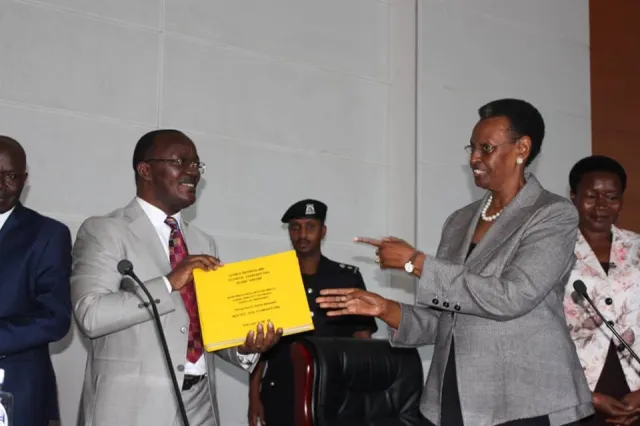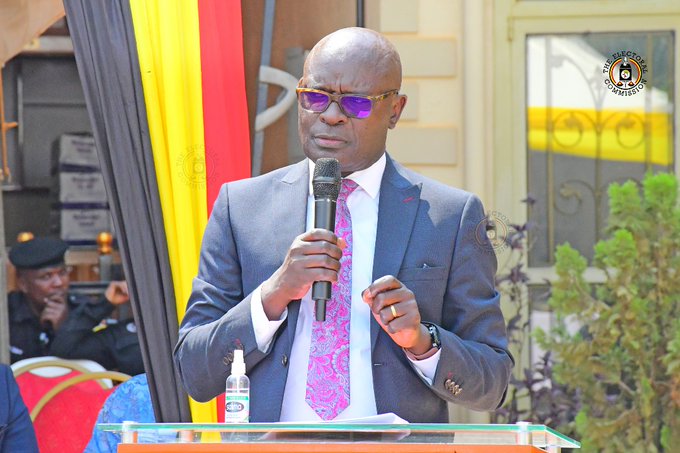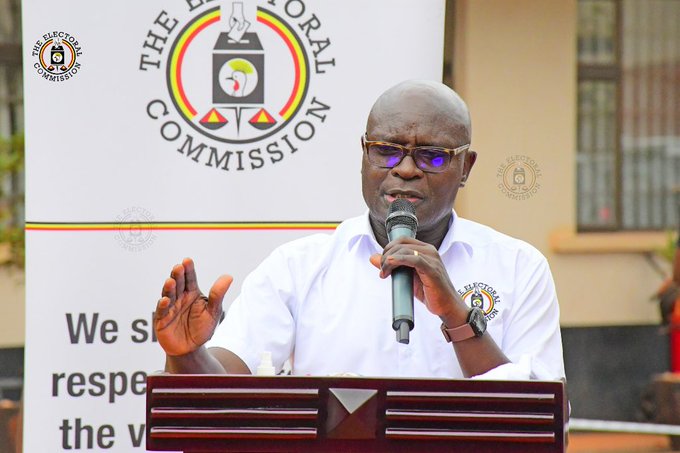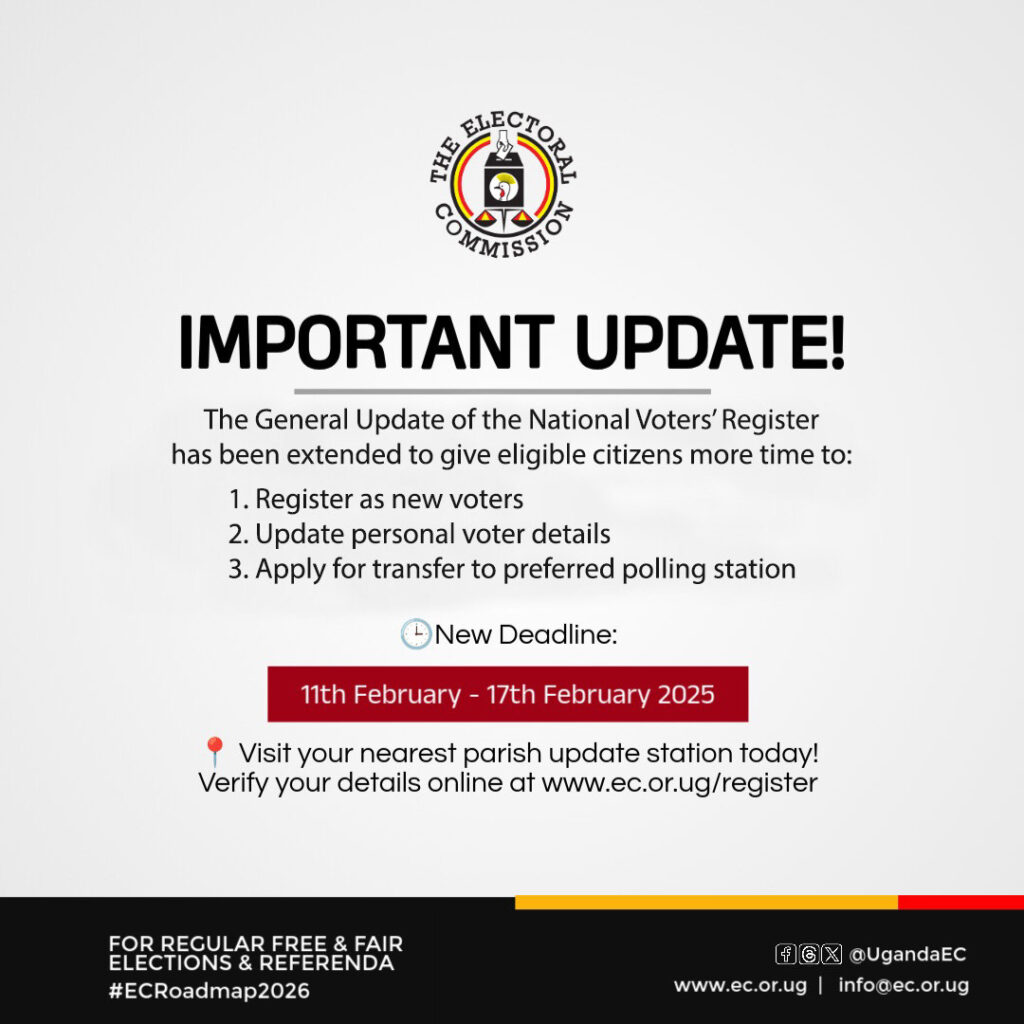By Denilson Ankunda
Since the NRA/NRM government captured power in 1986, a deliberate effort to narrow the gender gap through the promotion of girls’ education as a form of affirmative action has been on track.
Over the years, the focus has been on primary, secondary, and tertiary (especially University) education and leaving Business Technical Vocational Education Training (BTVET) to the boy child.
However, in line with Vision 2040, deliberate efforts are now being made to enable girl children/ women to equally participate in education and skills development, business, agriculture, and industry.
Already, the reskilling of the girl child program under the State House is ongoing regardless of previous qualifications.
Following an internal study by UBTEB, so far, about 40,000 girls around Kampala Capital City have been trained in various skills like carpentry, fabrication and welding, shoemaking, embroidery, tailoring, weaving, hairdressing, knitting, bakery, crafts and stone-cutting (for the areas with stones).
Having registered commendable success in Kampala, the NRM government still under State House has since rolled out the skilling project throughout the country through the establishment of the zonal industrial hubs in various parts of the country, and fully operational. Over 2000 girls have already graduated.
The Uganda Business and Technical Examinations Board (UBTEB), mandated to streamline, regulate, coordinate, and conduct credible national examinations and award Certificates and Diplomas in the BTVET education, is also not seated and plays a crucial as far as Skills Development Agenda is concerned by ensuring more girls enroll for BTVET.
An analysis of the enrollment numbers shows that since 2013 many girls have embraced BTVET education and are assessed by UBTEB.
According to Sam Patrick Ogwang, UBTEB’s Principal Examinations Officer (Delivery and Awards), in 2012, UBTEB registered a total of 1,663 female candidates. Of these, 703 acquired full competences and joined the world of work while 921 had to retake.
In 2013, the numbers grew to 7,966. Of these 3,538 acquired full competencies and joined the world of work while 3,883 were advised to retake.
In 2014, 7,517 female candidates were registered. Of these, 5, 109 fully completed and joined the world of work while 1,488 repeated.
In 2015, UBTEB registered a total of 9,106 female candidates. 5,815 passed and joined the world of work while 2,488 were advised to retake some subjects.
In 2016, a total of 9,083 female candidates were registered, and out of these 6,341 fully acquired competencies while 2,345 had to retake.
The number of female candidates registered grew to 10,198 in 2017. Of these 6,895 passed while 2,550 had to retake some subjects.
In 2018, UBTEB registered a total number of 10,020 female candidates. 6,615 acquired full competencies and joined the world of work while 2,812 had to retake.
In 2019, 8,440 female candidates were registered. Of these, 5,015 passed and joined the world of work, while 2,133 were advised to retake.
Due to Covid-19, only 9,252 female candidates were registered in December 2020. Of these 5,989 passed and joined the world or work while 2,174 had to retake.
The Board did not conduct any examinations in the year 2021 due to the COVID-19 pandemic, according to Ogwang.
He says this led to a surge in the number of female candidates to 24,355 in 2022 after the Covid-19 break.
Of these, 17,042 acquired full competencies and joined the world of work while 4,516 had to repeat.
Last year, UBTEB registered a total of 17,117 female candidates. Of these, 11,260 passed and joined the world of work while 1,959 had to repeat.
In total, in the last 10 years (between 2013 and 2023), UBTEB’s overall grand total of registered female candidates stands at 114,717.
74,322 have been able to acquire full competencies and joined the world of work, while 27,269 are yet to complete after being advised to retake.
According to Onesimus Oyesigye, the UBTEB Executive Secretary, in line with NDP111 and NRM Manifesto priority has been on greater access to TVET programs and interventions including government sponsorship of girl children in TVET professions, previously dominated by male students.
More so the government is now offering scholarships for students with special needs on TVET programs.
Oyesigye also attributes the growth in female candidates’ numbers to the decentralized admission system which offers wider opportunities and the introduction of modularized assessment which is saleable.
“Because of the productive nature of most TVET careers, students now finish programs when they are ready to go for work which has attracted other students to pursue TVET careers,” Oyesigye added.
First Lady Janet Kataaha Museveni, who is also Minister of Education and Sports says she is happy with the positive changes being implemented by UBTEB in line with the priorities of the Government in the Skills Development Agenda and also the affirmative action in supporting the girl child something that has seen the number of girls increase in TVET institutions.

“In the TVET sub-sector, the emphasis is on enrolling more females to pursue TVET courses. My Ministry therefore, offered sponsorship to female students interested in doing Diploma programs in the Academic year 2024/2025 in the following disciplines; Road construction and maintenance (18), welding and metal fabrication (18), manufacturing Technology (18), Equipment maintenance Technology (18) and Mechanical engineering technology (18). This is to address the imbalances in access to TVET where these girls have small enrollment,” she said.
She further applauded UBTEB for continuous engagements with key stakeholders mainly the world of work to support the call for a TVET that delivers and is fit to address the skilling gap of the industrial workforce.
The Ministry of Education has also secured sponsorship slots for students with Disabilities willing to undertake the Uganda Community Polytechnic Certificate, National Certificate, and National Diploma in Technical Vocational Education and Training (TVET) in recognized public TVET Institutions under the Ministry of Education and Sport.
The category of disabilities to be considered shall include; physical disability, visual impairment (blind), hearing impairment (deaf), intellectual impairment, dyslexia, Autism, and chronic sickness.
The commissioner of the Technical Vocational Education and Training (TVET) Operations and Management Department at the Ministry of Education, Loy K. Abaine Muhwezi, testifies that she is not just an advocate for technical and vocational education, but a beacon of success stemming from such an educational background.
Her voice resonates with urgency and passion, calling upon parents to embrace the value of hands-on skills for their children.
In this new era, where practical skills translate directly into financial empowerment, Muhwezi stresses that children should not be discouraged from attending technical and vocational Institutions.
She points to numerous successful individuals worldwide who have flourished with a foundation in TVET, proudly, citing herself as an example.
UBTEB’s FEMALE STUDENTS ASSESSMENT FOR LAST 10 YEARS
(FROM NOV-DEC 2012 TO NOV-DEC 2023 COMPLETION YEARS)
| YEAR OF EXAMINATION | REGISTERED FEMALE CANDIDATES | ACQUIRED FULL COMPETENCES (PASSED) | YET TO ACQUIRE COMPETENCES (TO RETAKE) | |
| 2012 | 7,517 | 703 | 921 | |
| 2013 | 7,966 | 3,538 | 3,883 | |
| 2014 | 7,517 | 5,109 | 1,488 | |
| 2015 | 9,106 | 5,815 | 2,488 | |
| 2016 | 9,083 | 6,341 | 2,345 | |
| 2017 | 10,198 | 6,895 | 2,550 | |
| 2018 | 10,020 | 6,615 | 2,812 | |
| 2019 | 8,440 | 5,015 | 2,133 | |
| 2020 | 9,252 | 5,989 | 2,174 | |
| 2021 | COVID-19 BREAK | COVID-19 BREAK | COVID-19 BREAK | |
| 2022 | 24,355 | 17,042 | 4,516 | |
| 2023 | 17,117 | 11,260 | 1,959 | |
| OVERALL GRAND TOTAL | 120,571 | 74,322 | 27,269 | |















